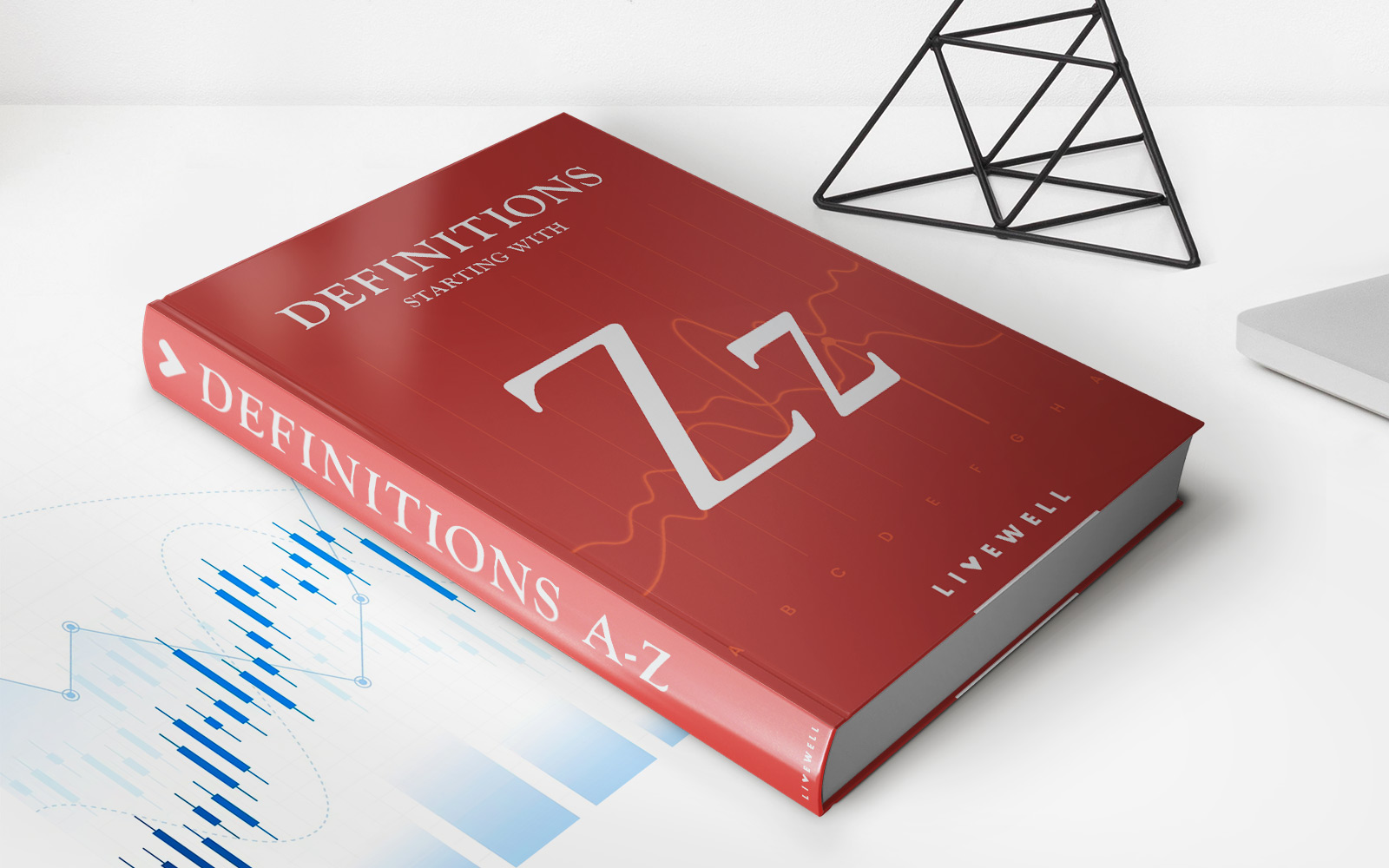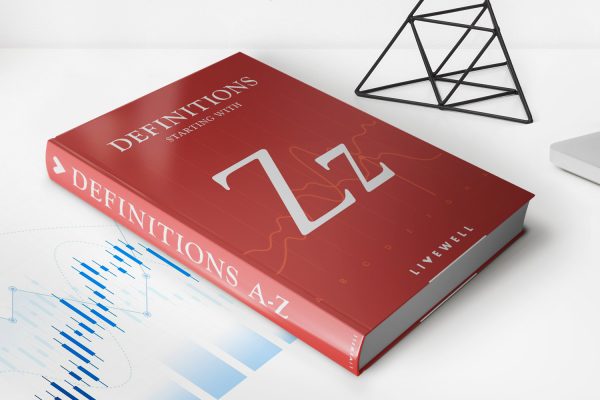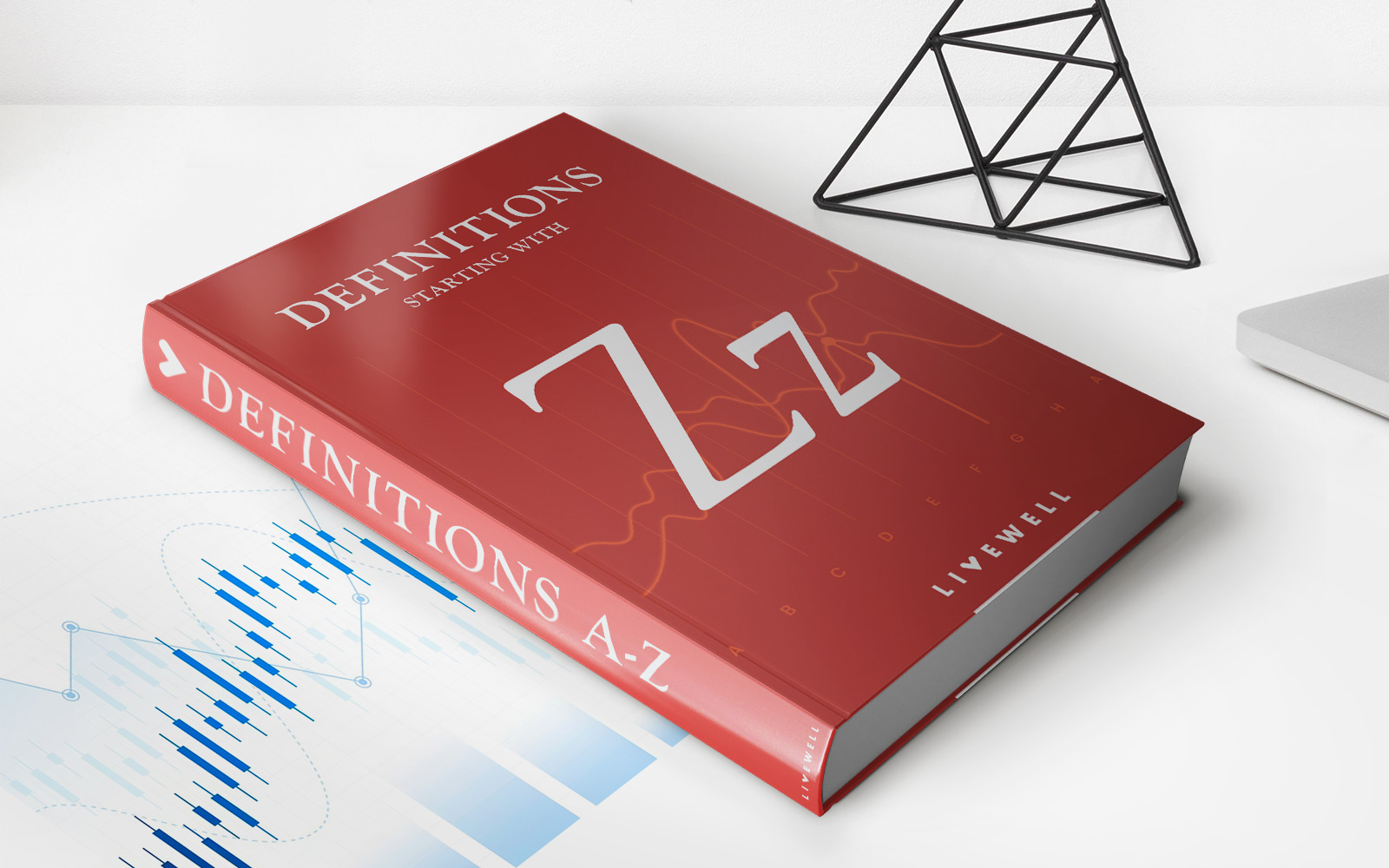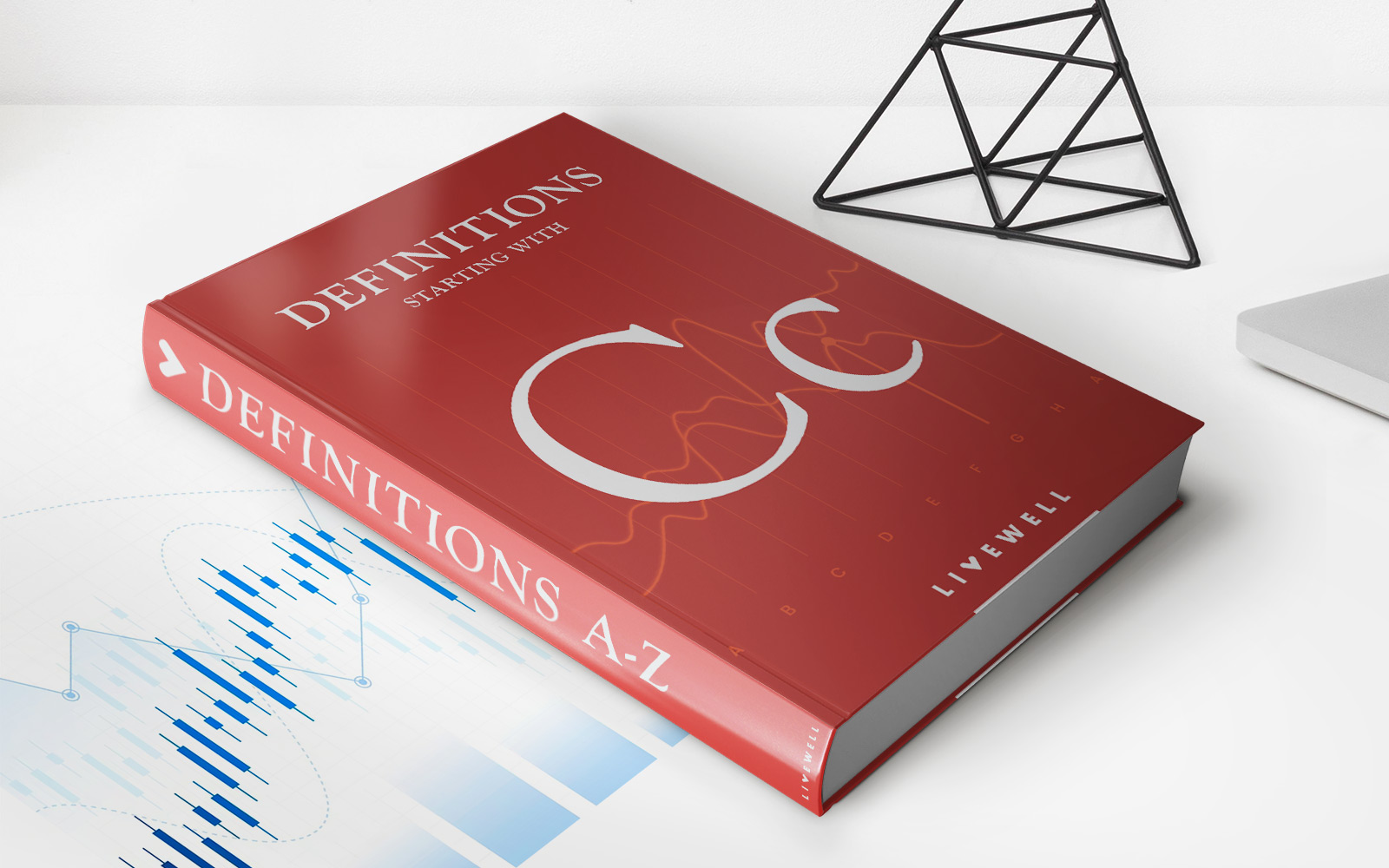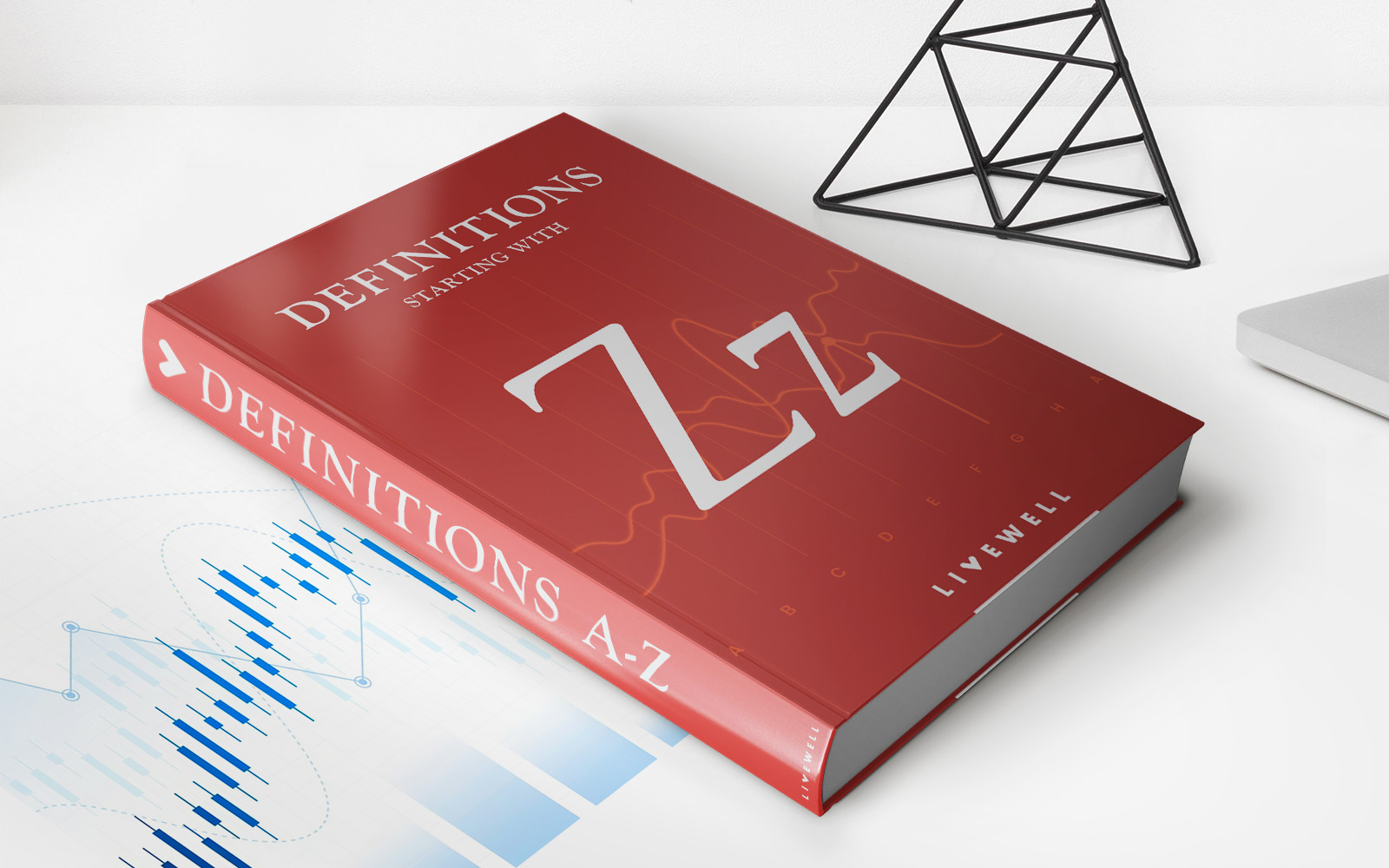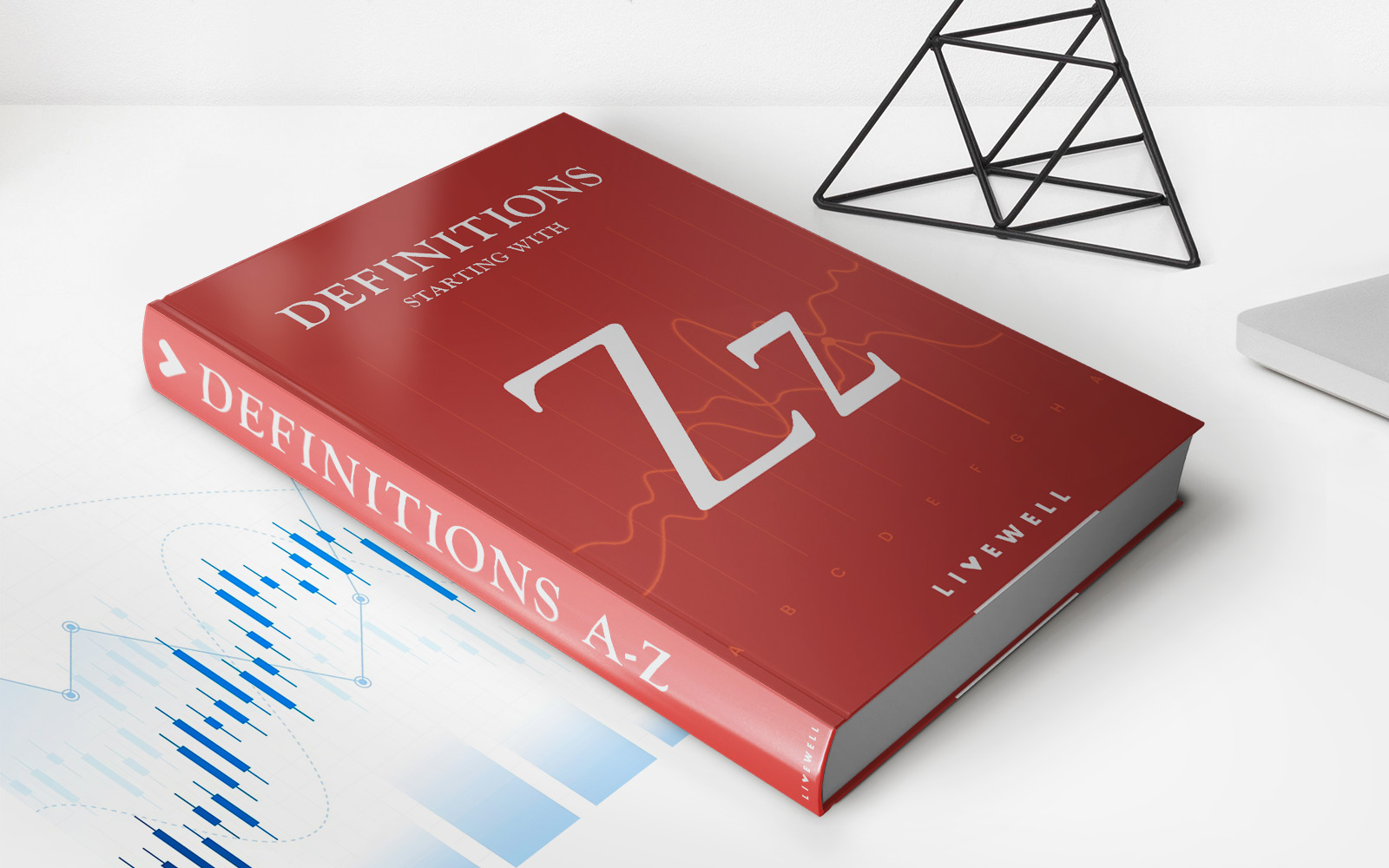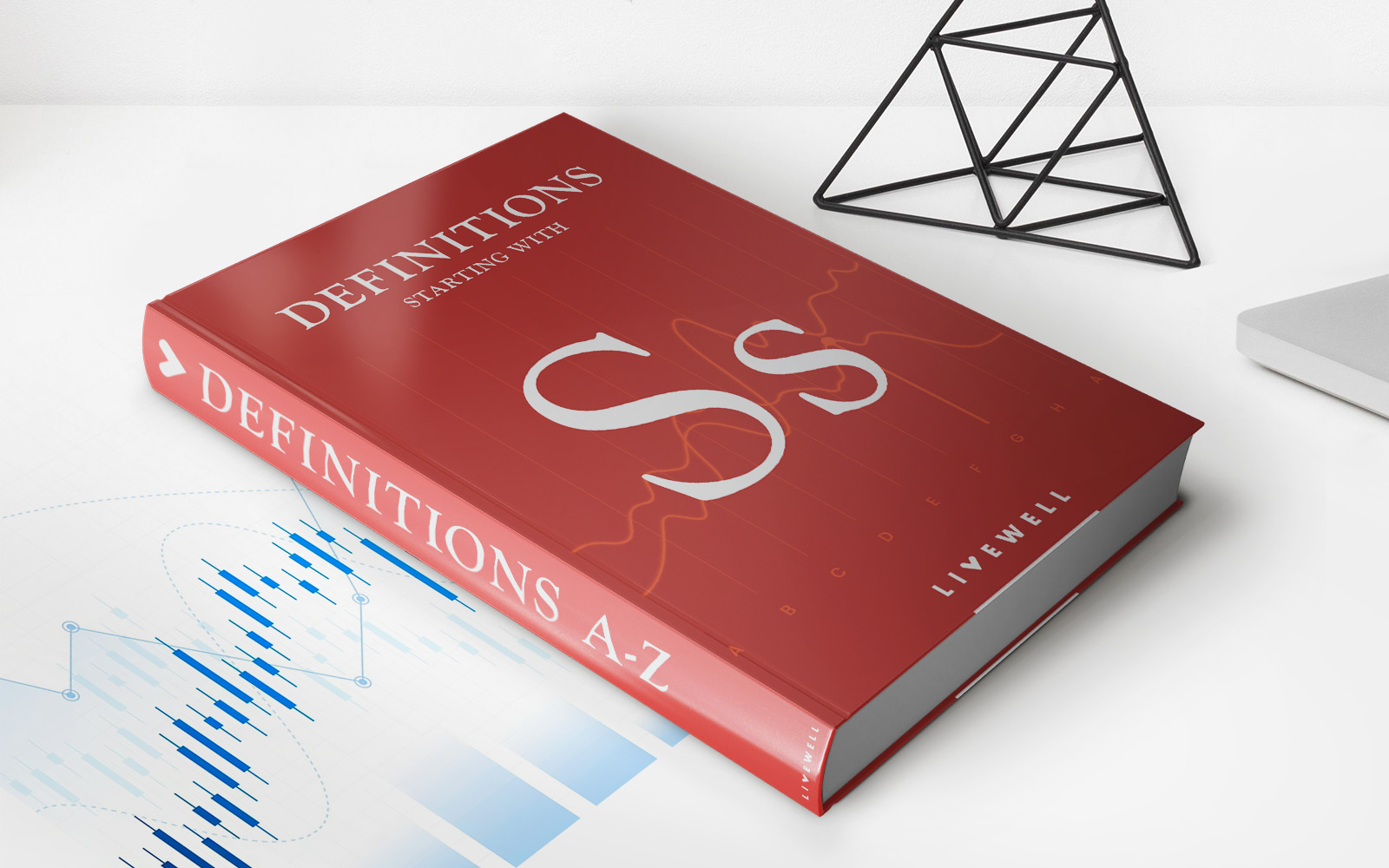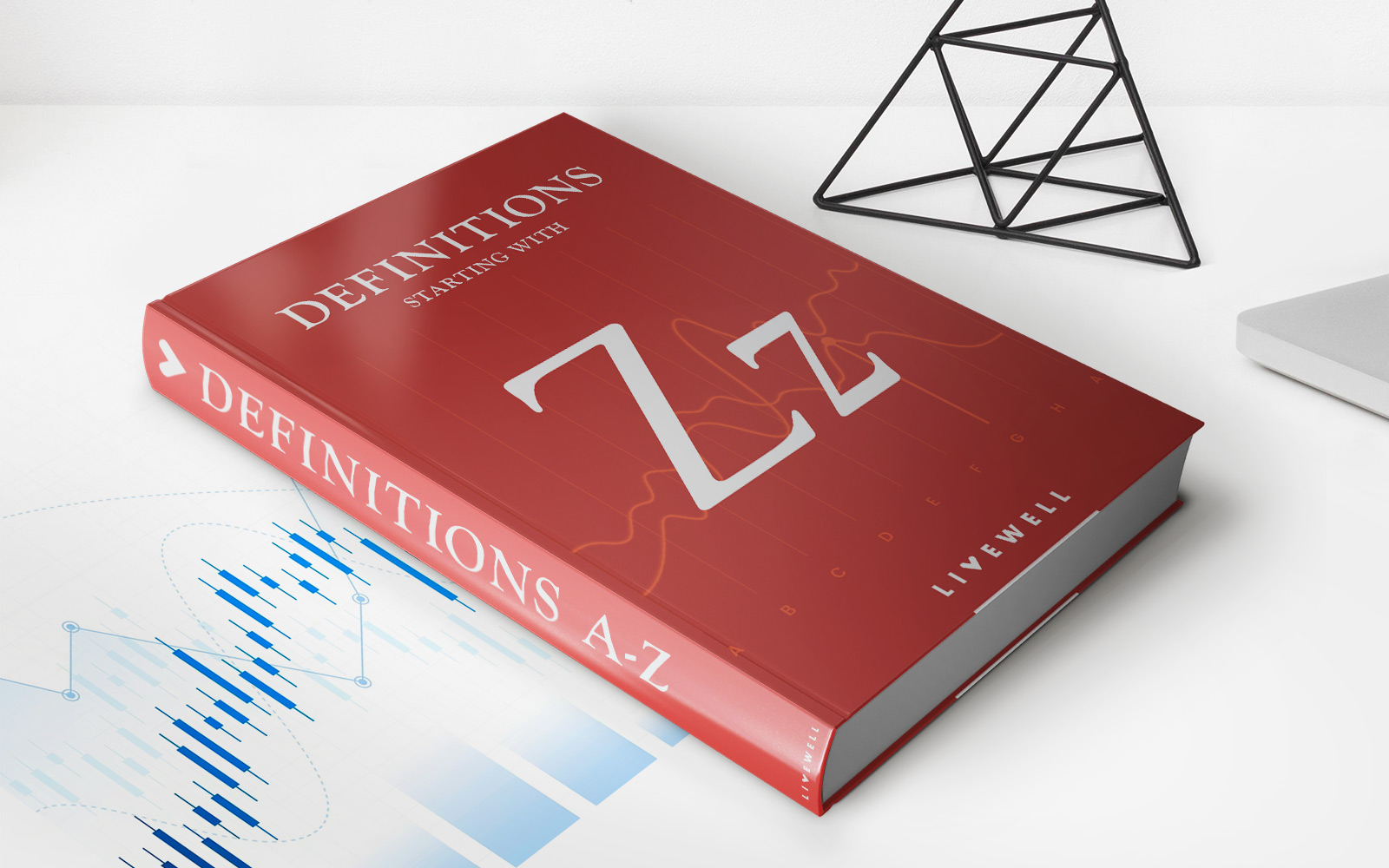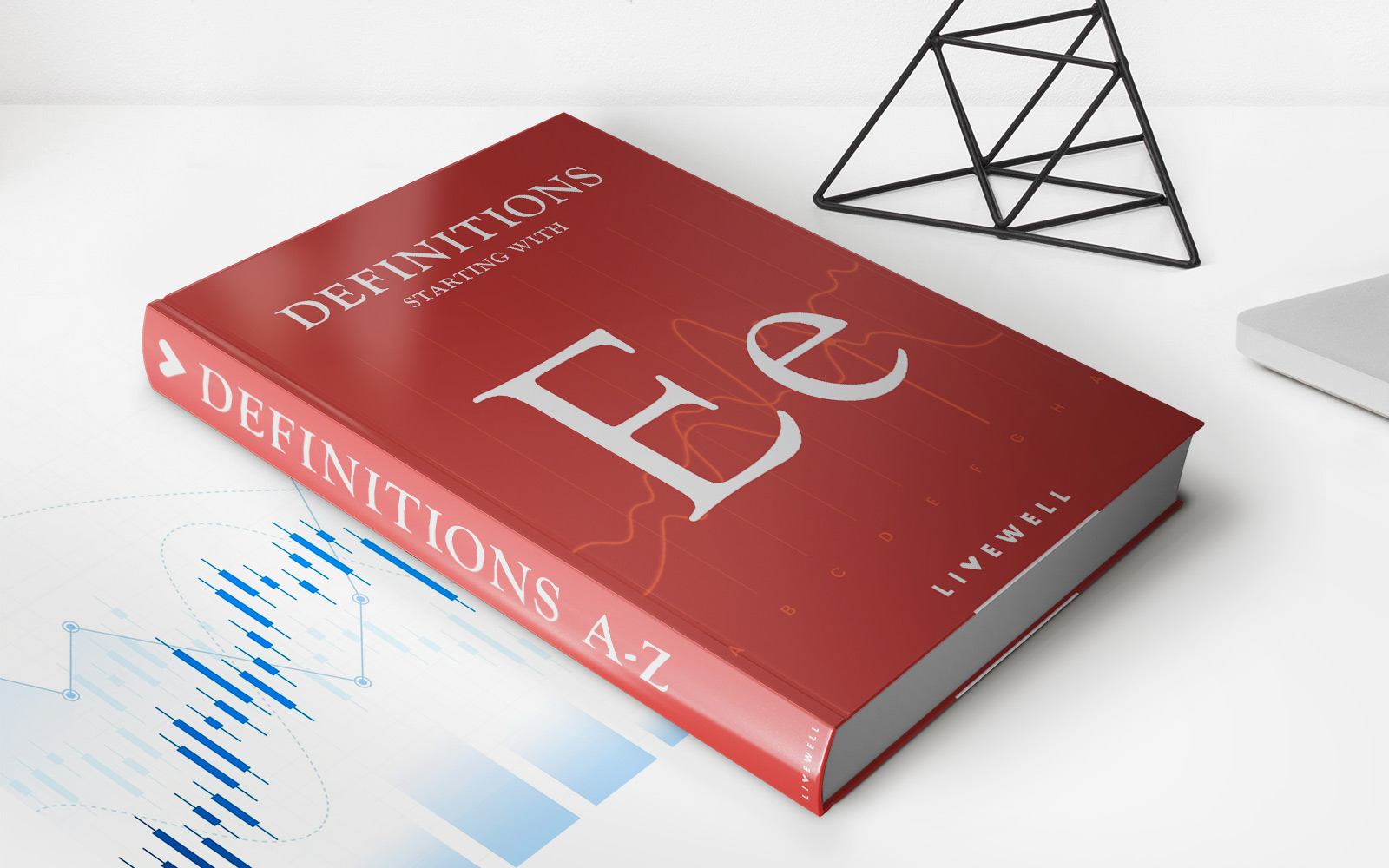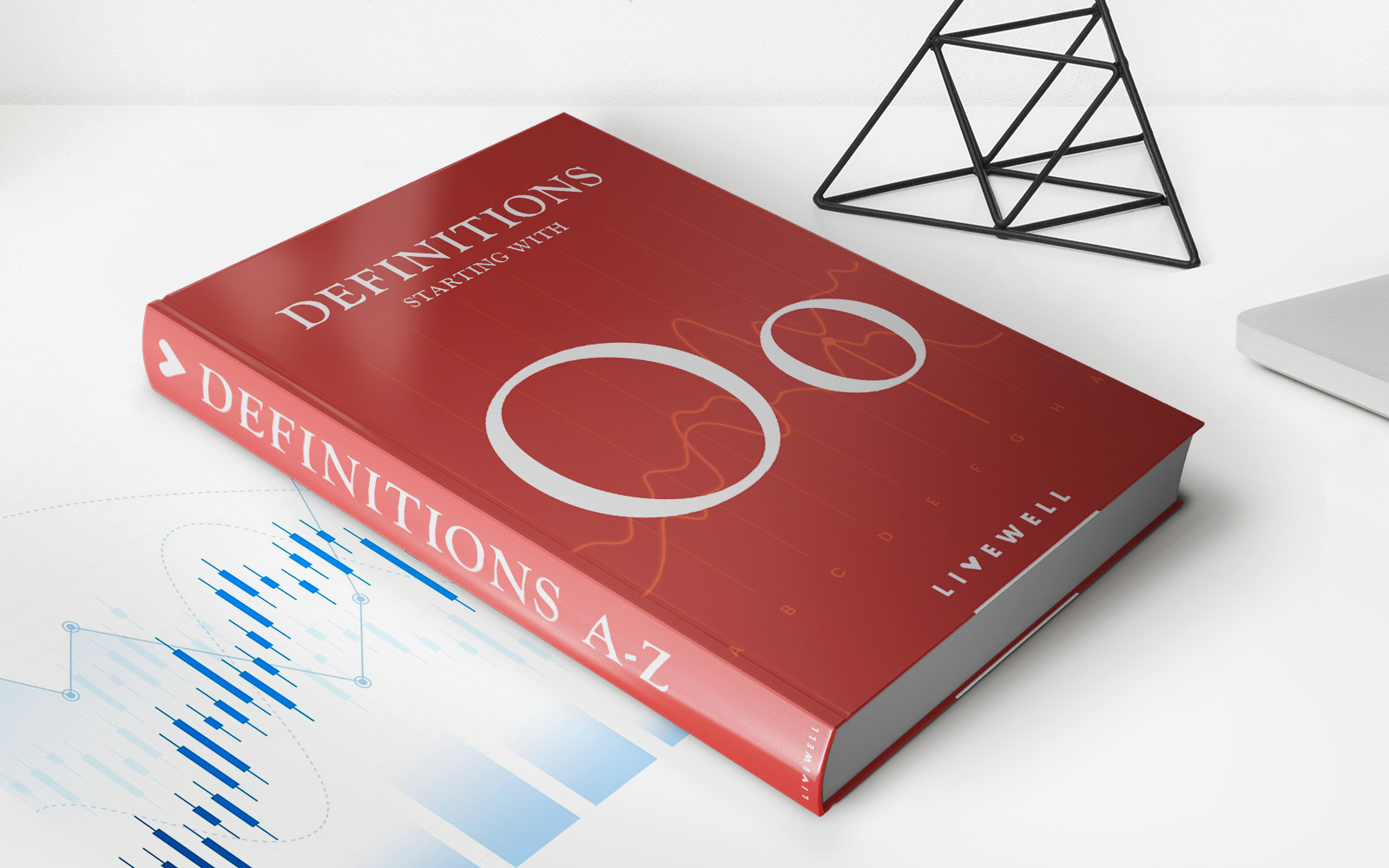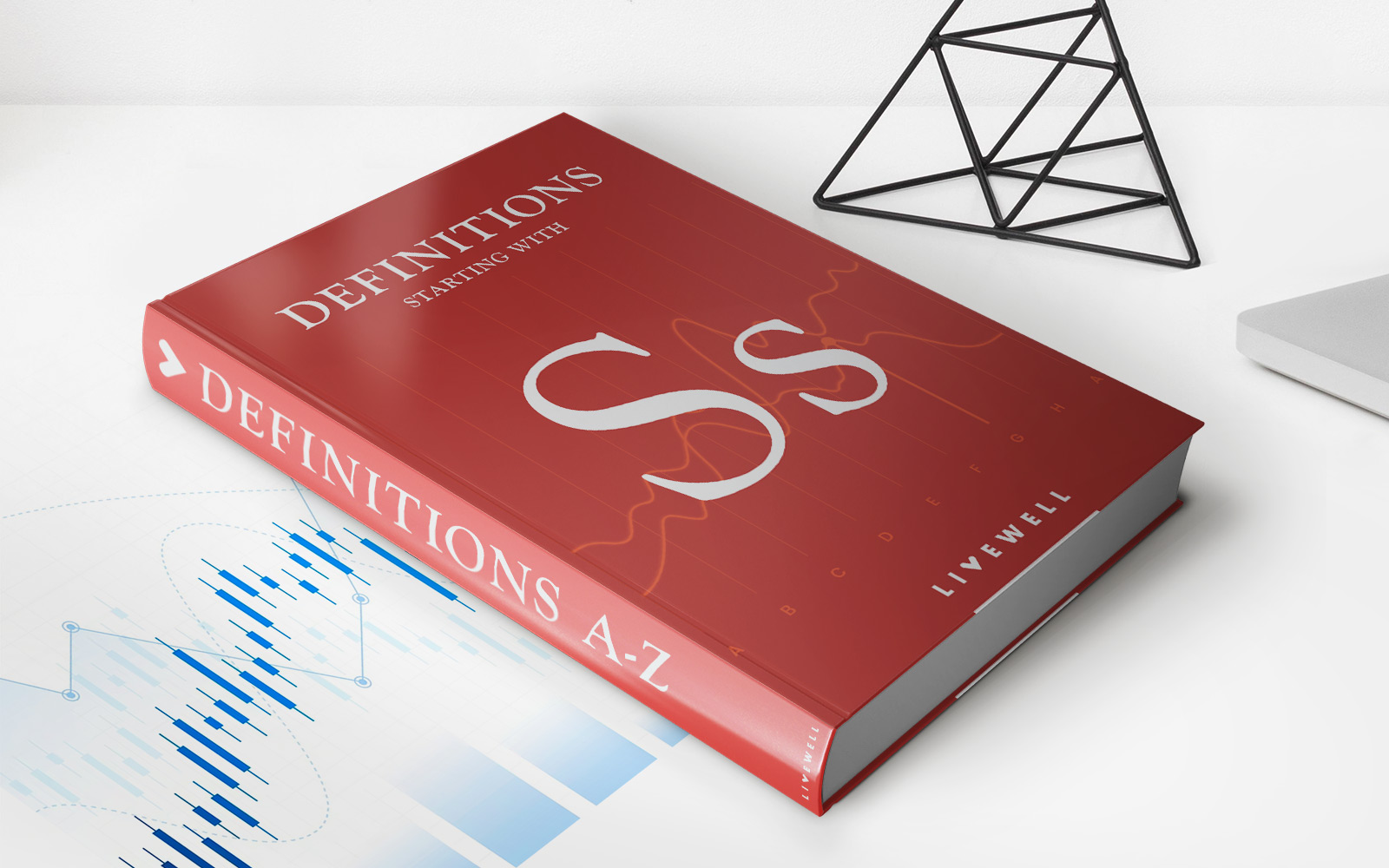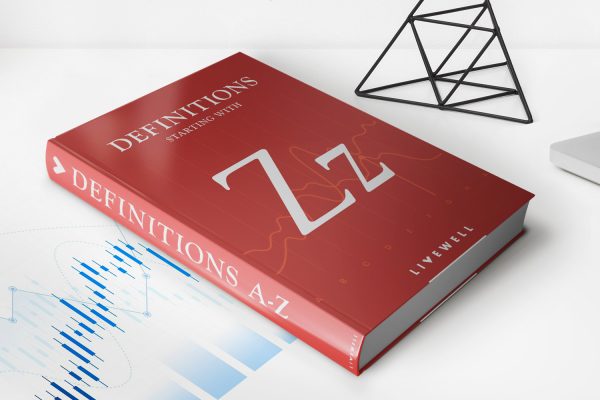
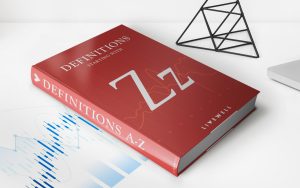
Finance
Zero-Coupon Mortgage Definition
Published: February 20, 2024
Learn the definition of a zero-coupon mortgage and its implications for finance. Discover how this type of mortgage can impact your financial planning.
(Many of the links in this article redirect to a specific reviewed product. Your purchase of these products through affiliate links helps to generate commission for LiveWell, at no extra cost. Learn more)
The Zero-Coupon Mortgage Definition: What You Need to Know
Welcome to our FINANCE category! In this blog post, we will delve into the fascinating world of zero-coupon mortgages. If you’re wondering what exactly a zero-coupon mortgage is and how it works, you’ve come to the right place. We’ll break it down for you and provide insights into this unique financial instrument that can be a blessing or a curse, depending on your circumstances. So, let’s get started!
Key Takeaways:
- A zero-coupon mortgage is a type of mortgage where the borrower receives a lump sum at the beginning and makes no periodic payments throughout the loan term.
- Interest is typically compounded during the loan term, meaning that the borrower ends up repaying a much higher amount than the initial loan.
What is a Zero-Coupon Mortgage?
A zero-coupon mortgage is a mortgage that operates differently from traditional mortgages. With a traditional mortgage, the borrower makes monthly payments that include both principal and interest over a specified period. However, with a zero-coupon mortgage, the borrower receives a lump sum at the onset of the loan and is not required to make any periodic payments.
So, if there are no monthly payments, how does the lender make money? Well, the magic lies in the compounding interest. In a zero-coupon mortgage, interest is typically compounded throughout the loan term, meaning that the borrower ends up repaying a much higher amount than the initial loan. This compounding can lead to either a pleasant surprise or a financial nightmare, depending on your ability to handle the repayment terms.
Let’s explore the pros and cons of zero-coupon mortgages:
The Pros
- Predictable Future Payments: Since there are no monthly payments to budget for, it can be easier to plan future expenses or investments.
- Immediate Lump Sum: If you’re in need of a lump sum for a specific purpose, such as starting a new business or investing in real estate, a zero-coupon mortgage can offer a substantial amount upfront.
- Potential for Investment Returns: Depending on how you utilize the lump sum, you may be able to invest it and generate higher returns than the interest charged on the loan.
The Cons
- Compound Interest Burden: If you’re not prepared for the compounding interest, you may end up owing a significantly larger amount than you initially borrowed.
- Financial Constraint: Without periodic payments, you may miss out on the advantages of having a steady cash flow and find it challenging to meet your regular financial obligations.
- Market Fluctuation Risks: If you invest the lump sum and incur losses, you may find it difficult to repay the loan and handle the interest expenses.
It’s crucial to carefully consider your financial situation and long-term goals before opting for a zero-coupon mortgage. Consulting with a trusted financial advisor can help you determine if it is the right choice for you.
In conclusion, a zero-coupon mortgage can provide immediate financial relief or a substantial upfront sum but comes with the potential risk of compound interest burden. Understanding how it works, its advantages, and disadvantages is key to making an informed decision. It’s always wise to consider your financial goals and consult with professionals before signing up for any mortgage.
We hope you found this blog post informative and valuable. If you have any questions or would like to learn more about other financial topics, feel free to explore our FINANCE category for more insightful content. Until next time, happy finances!
